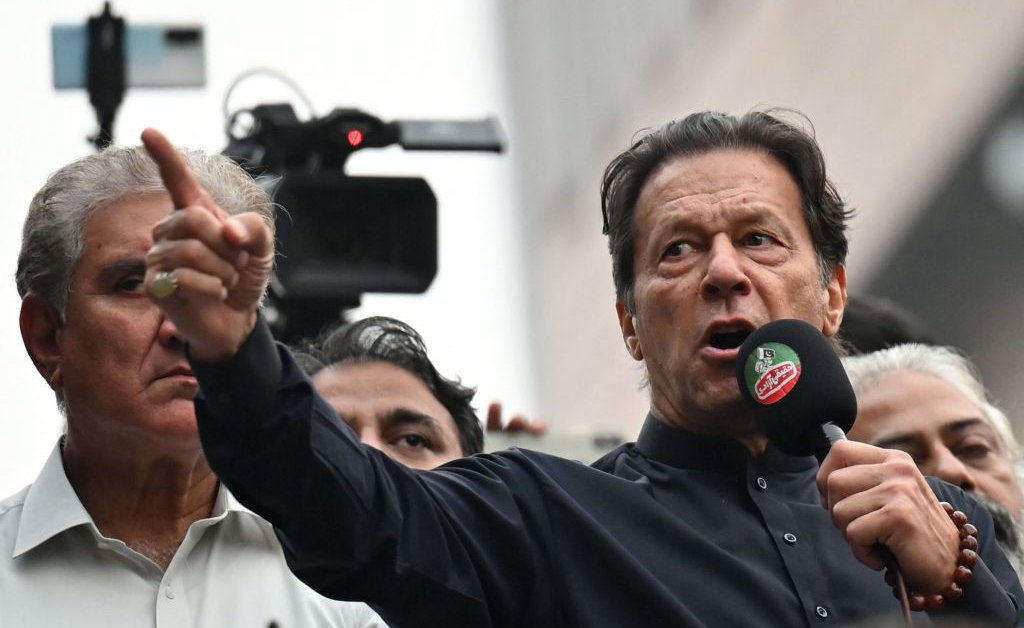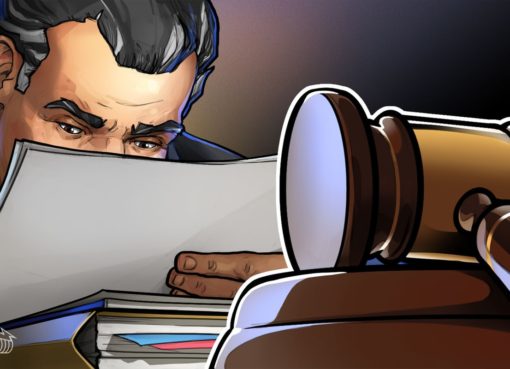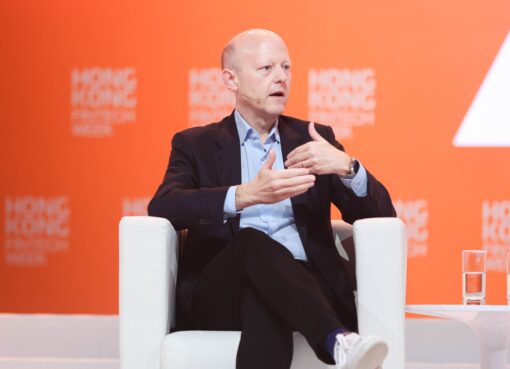In September, Imran Khan, the former prime minister of Pakistan, who has been in prison for more than two years, wrote a letter to the Chief Justice of the Supreme Court of Pakistan, describing his incarceration in a 9-by-11 foot “cage.”
“I have endured continued solitary confinement,” Khan wrote. “All access to books and newspapers has been denied to me.” He is 72 years old and has been sentenced to 14 years in prison. His letter can be seen as a plea for mercy, an exhortation to justice, and even as suggestive of his fading hopes of legal reprieve.
Millions of Khan’s supporters and members of his party, Pakistan Tehreek-e-Insaaf (PTI), believe the charges against him are fabricated and politically motivated. Technically, Khan’s imprisonment is the consequence of an entangled mess of numerous legal cases. He has been convicted in some and he continues to be on trial in several others. Recently, a court in the city of Lahore dismissed his petition to merge the cases against him.
After a decade and a half of making little headway in politics, Khan aligned himself and his PTI with the military in the early 2010s, and eventually rose to power as prime minister in 2018. After some years of power-sharing, Khan fell out of favor with the military establishment and was ousted from office after a parliamentary no-confidence vote in April 2022.
Khan blamed the army and the United States for engineering his ouster, and led energetic protests demanding immediate, fresh elections. After he was briefly arrested in May 2023, his followers attacked Pakistan’s military headquarters in Rawalpindi and the home of a senior military official in Lahore. Khan stands accused of instigating those attacks.
A crackdown on his party followed. Most of the PTI leaders have been either arrested or forced to resign. Hundreds of party workers have been imprisoned. Amnesty International has recorded cases of family members of PTI leaders being “forcibly disappeared.” In July, more than a hundred members of the party were arrested. Khan’s party has lost its street power and ability to protest as most of its leaders are either in prison or have found safety in leaving the party.
Trials in a garrison city
Several Pakistani politicians who clashed with the military have ended up in prisons in Rawalpindi, the garrison city that is home to the Pakistan Army’s headquarters. Zulfikar Ali Bhutto, Pakistan’s prime minister from 1973 to 1977, who was overthrown by his army chief, Gen. Zia-ul-Haq, was imprisoned, tried, and executed in Rawalpindi district jail in 1979.
Fearing the prison might become a memorial for Bhutto, Gen. Zia had it demolished, and a new prison complex—Adiala Jail—was built on the outskirts of the city. It is inside Adiala Jail that Imran Khan is imprisoned. Before him, Yousaf Raza Gilani, another former prime minister of Pakistan was held at the same prison, as was Maryam Nawaz Sharif, the chief minister of Pakistan’s Punjab province and the niece of Prime Minister Shahbaz Sharif.
Political calculations have shaped the conduct of Imran Khan’s trial. The cases against the former prime minister are not being adjudicated in Pakistan’s regular civil courts. To ensure that his supporters and the public do not see the charismatic politician on his transfers from prison to court, the government built a makeshift courtroom inside the Adiala Jail complex in Rawalpindi, where he is being tried.
In justifying the building of a makeshift courtroom to try Khan inside his prison, judges from the Islamabad high court, cited a 100-year-old precedent from Bombay High Court in colonial India which held that a trial could be conducted outside a courtroom in special circumstances such as during a plague outbreak.
A litany of charges
The task of disentangling the charges against Khan is arduous. Around 200 criminal cases were filed against Khan soon after he was ousted from office following a no-confidence vote in Parliament in April 2022. His wife, Bushra Bibi, has been named a co-accused in several cases.
The accusations cover a pretty broad legal landscape: stealing state gifts, land grabs, an unlawful Islamic marriage, disclosing state secrets, and instigating a violent attack on military headquarters and facilities. So far, Khan has been acquitted of the charge of disclosing state secrets, and he and his wife have also been acquitted of the charge that their marriage was unlawful under Islamic law.
Recently, the case of a Bulgari jewelry set has dominated the Khan trial. The Saudi royal family had gifted Khan and his wife a Bulgari necklace, bracelet, earrings, and a ring while he was in office. The law requires a prime minister to record and deposit state gifts with the state treasury.
In September, the prosecution presented an aide to Khan and a jewelry appraiser as witnesses. They told the court that while Khan was in office, the aide—acting on Bushra Bibi’s directions—threatened to blacklist the jewelry appraiser from government work and forced him to undervalue the Bulgari jewelry set, worth around $500,000, at $38,000.
Khan and his wife could then pay $38,000 to the state treasury and keep the Bulgari jewelry set for themselves. The prosecution has accused Khan of keeping the Bulgari set and 107 other state gifts through similar malpractices.
Khan isn’t the first Pakistani prime minister whose legal ignominy is tied to jewelry. In 2003, a Swiss court found that Prime Minister Benazir Bhutto and her husband, Asif Ali Zardari, received kickbacks from two Swiss companies for a contract granted by her government in 1995. The Swiss paid commissions of $12 million to two companies in the British Virgin Islands owned by Bhutto’s husband and brother-in-law. Bhutto purchased a diamond necklace from a jeweler in London, and part of the payment was made from the bank account of her husband’s British Virgin Islands company.
For years, Khan condemned graft and personal avarice. Sadly, the compromises of politics and temptations of power seem to have led him to embrace some dubious figures. One of the characters to appear in his orbit was Malik Riaz, a self-made real estate billionaire with a reputation for bribing and influencing every Pakistani politician and powerbroker.
Riaz had big problems: In March 2019, in a land scam case before the Supreme Court of Pakistan, Riaz’s Bahria Town evaded prosecution by agreeing to pay a fine of $3 billion over seven years into an account maintained by the Court. After an initial deposit of around $160 million by August 2019, Riaz’s company had to pay a monthly fine of $16 million. Failure to pay two installments on time would render the company a defaulter.
Around the same time, authorities in the United Kingdom concluded a “dirty money” investigation against Riaz and froze his assets—a central London mansion and several bank accounts—worth £190 million (about $250 million). In December 2019, Riaz reached an out-of-court settlement with the UK’s National Crime Agency to hand over the money and the property to Pakistan, where he faced charges of fraud and corruption.
Soon after that, a special assistant to Prime Minister Khan announced that £140 million (about $183 million) of the money recovered from Riaz had been returned to Pakistan. According to the prosecution, Khan and his government ensured that this money, owed to the national exchequer, was instead deposited in a bank account maintained by the Supreme Court, where it was treated as payment of fines owed by Riaz’s company.
In exchange, the prosecution alleges that Khan and his wife received billions of rupees and 20 hectares of land from Riaz through Al-Qadir Trust, a foundation they had set up. In January, Khan and his wife were convicted in the Al-Qadir Trust case. He was sentenced to 14 years in prison. She got seven.
The Munir supremacy
Imran Khan also faces a slew of cases in Pakistan’s Anti-Terrorism courts. On May 9, 2023, after his first brief arrest, crowds of his supporters charged at the Pakistan Army headquarters in Rawalpindi and attacked military installations and government property elsewhere in the country. An attack by civilians on the army headquarters is the sort of cardinal sin the military is unlikely to forgive, regardless of clever lawyers and convincing legal arguments.

Charges have already been framed against Khan in the case related to the attack on the army headquarters. In May, while hearing his case, Pakistan’s Supreme Court ceded jurisdiction to military courts. The court overturned a previous ruling that had voided military trials of civilians and restored contentious provisions of the Pakistan Army Act that permitted such trials. The ruling left little hope for legal relief for Khan or for any Pakistani citizens who find themselves ensnared in similar situations.
After the brief and dangerous conflict between India and Pakistan in May, the United States, China, and Saudi Arabia renewed their embrace of the Pakistan Army, and the military leadership emerged significantly more powerful and popular. Pakistan’s army chief, General Syed Asim Munir, was awarded the rank of Field Marshal, and commands wide public and political support.
The path to Khan’s liberation from his solitary cell can only be an extrajudicial one: a deal with the military establishment.
Such a possibility is never out of the question in Pakistan. Yet another former prime minister reaching the end of the road in his legal battle to exonerate himself suggests a deeper hollowing out and evisceration of Pakistan’s legal institutions.
The dungeon stands to swallow yet another Pakistani prime minister.




